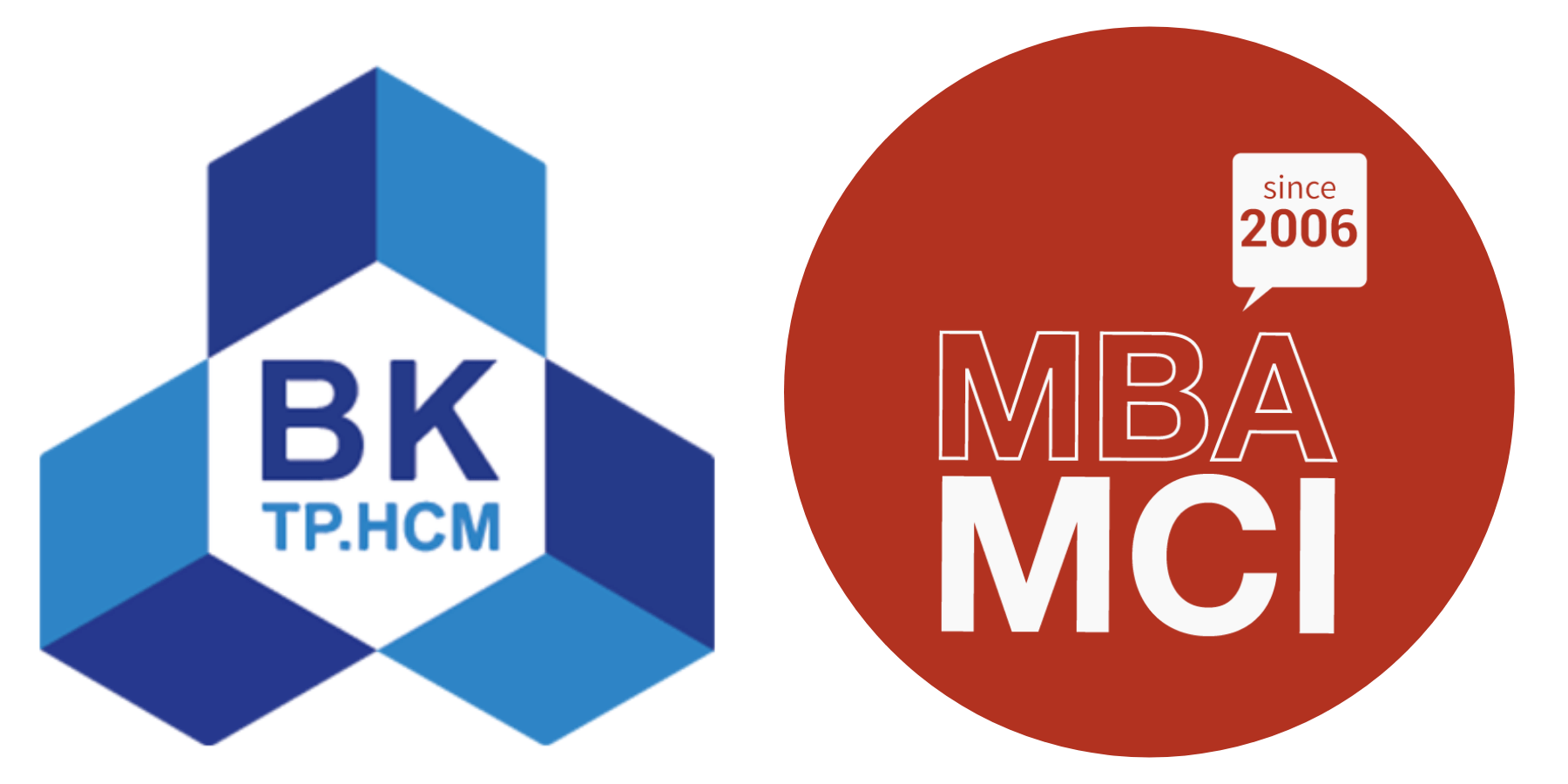
Consulting is a growing $3 billion industry dominated by home businesses. Home-based entrepreneurs who desire greater work flexibility and have the initiative to aggressively sell their expertise are finding consulting work to be a financially rewarding opportunity.
The key to becoming a successful consultant is to work in a field with which you have experience and holds your interest. Your experience and educational background can be a springboard into consulting. The options are limitless. Professional consulting services cover a variety of business services including marketing and advertising, financial management, strategic management, computer software and hardware trouble-shooting, and human resources management. Personal consulting services include wedding planning, interior design, education and career planning. Businesses and individuals who need specific expertise keep these consulting services fueled.
The term “consultant” often takes on hazy and ambiguous meanings. Much of the work performed by professional consultants is often a mystery. You may hear statements like “I’m a financial consultant” or “I’m a computer consultant.” But, rarely do you hear the more complete description “I make my living by giving advice on taxation procedures, credit policies, investment opportunities and short and long-term budgeting plans for small and medium sized businesses” or “I develop information systems consisting of computer hardware and software components which enable businesses to be more productive.”
Professional consultants rarely elaborate on such details in casual conversation. The work of consultants in all industries, however, share the common tasks of analyzing, interpreting, imagining, developing, and, above all, communicating.
The Successful Consultant
Consultants share similar personality traits and strengths. A consultant is, first and foremost, a problem identifier. To be an effective problem identifier, one must be perceptive, possess strong analytical skills, and be adept at grasping business relationships. This requires analyzing numerous constants and variables in a client’s business organization and determining which ones need the consultant’s attention.
After identifying and analyzing problems, consultants recommend solutions that meet the client’s needs and fit within their budget. This requires imagination and strong reasoning skills. Devising only one solution to a problem might not be acceptable if many different facets exist, each needing to be addressed individually.
A consultant must also be an excellent communicator. When dealing with clients, the consultant should be both a good listener and a speaker. He or she must un derstand the problems discussed by the client. This requires active listening skills and the ability to understand implied messages. After a consultant develops solutions to problems, he or she must convey them to the client in a coherent manner, both verbally and in writing. Final written proposals should be thorough and understandable, clearly outlining how feasible action steps are measurable and will solve the client’s problems.
Do You Have the Right Stuff?
The following excerpt on becoming a professional consultant is from CONSULTING Ready Works, a new software program authored by Bill Salmon and Nate Rosenblatt (Round Lake Publishing 1997). To be a successful as a consultant you will need to identify the technical expertise you can offer your clients (content skills) and the interpersonal skills you will bring to your consulting relationships (process skills).
Content skills include specific knowledge or expertise. For example, you may know the retailing industry, or you may be a mail order specialist, or you may have expertise in the publishing industry.
Content skills also include work skills. To help catalog some of these content skills, think about your proven abilities. Go back over your academic training and employment experience and list every skill you recognize in yourself that someone else also recognized in you. Try to be specific. For example, don’t just say “I write well.” Say “I write effective reports.” Or don’t say “I am very organized” but say instead “I can handle a number of projects simultaneously, and I manage my time so that things get done before deadline.”
In addition to content skills, process skills are also critical to success as a consultant. These skills are divided into five major categories:
1. Strong communication skills
The ability to speak and present well, to write clearly and effectively, and to listen are qualities of all good consultants. In fact, many consultants consider the ability to communicate as their number one skill. People with technical degrees in high-demand consulting fields often lack good communication skills. If you need help in improving communication skills, there are many inexpensive self-help programs available.
2. Proven problem-solving skills
Top consultants understand that the first thing they have to do is define the problem (it’s not always what the client thinks it is), and then help the client find a solution. Many potential clients look for consultants with business degrees because they feel problem-solving skills (known in the business schools as decision analysis) are their stock in trade. It is more important, however, to be able to show how your problem-solving ability has positively impacted real-life situations than to wave around an ad vanced degree.
3. The ability to market yourself
It doesn’t matter how specialized or unique your field is. If you can’t market yourself, if you can’t get the sale, you’re going to be looking for a new line of work. You must be able to tell your story effectively — and sell yourself — to prosper as a consultant.
4. Excellent interpersonal skills
This is the least tangible of consultant success skills, but one of the most important. If you cannot build interpersonal relations with others, your chances to win clients and retain them are hamstrung. Interpersonal traits include your behavior and attitude in general, and how you are perceived by the outside world and, in particular, by your clients. To succeed, you must establish credibility and create a sense of trust and confidence so your clients are comfortable sending projects your way.
5. The know-how to run your own business efficiently
Starting a business requires a certain type of know-how; managing and “growing” a business requires still yet another. As strong as someone might be in technical and communications expertise, they still may not know how to run a business. The ability to make your consulting business last (and to generate ongoing income) requires business management skills, which often only come with experience and the “school of hard knocks”. If you lack experience in business management, consider attending extension classes at your local college. Or perhaps attend a local seminar that addresses your areas of weakness.
Sandra Needham



